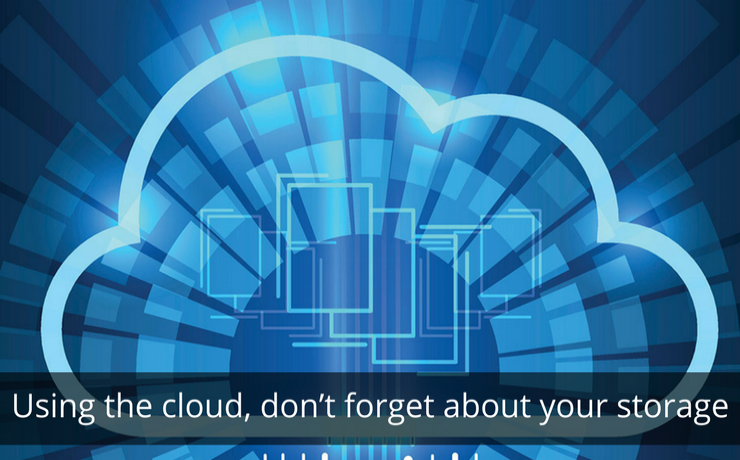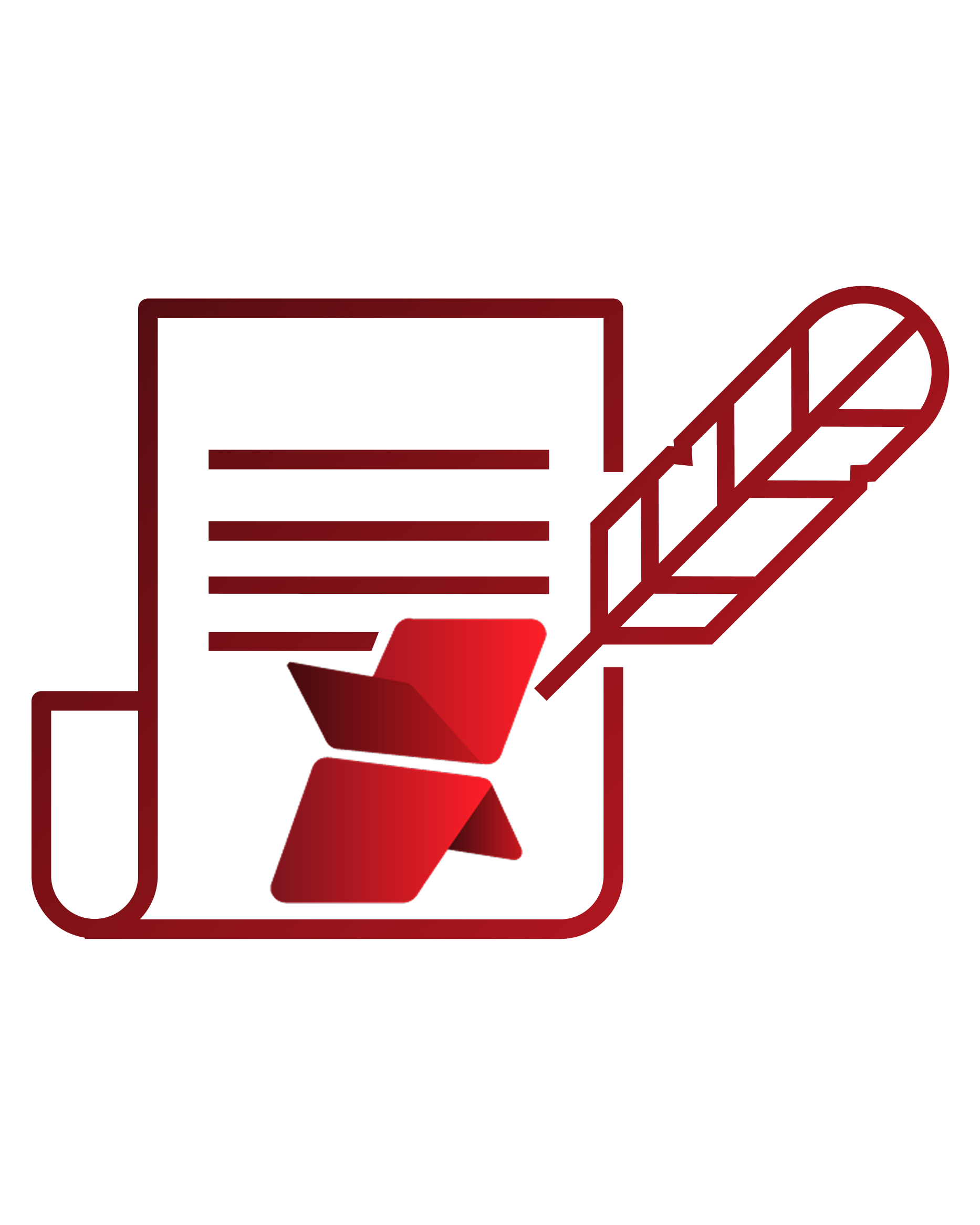As when we get down into a conversation with the executives about cloud, very often one misconception is held, that cloud simply means a computing platform. However, the conception is not very surprising as the computing part carries the application that is visible for everyone. This is however one of the major roles played by the cloud.
Also read-Why Must Salesforce Admins Monitor Their Salesforce File Storage?
Today we will discuss about one more component, of the cloud, which is equally important; if not more than the computing part. This is one layer that holds and controls all the data that are created and consumed by the applications.
Hence, it can be said that cloud storage is highly critical, as the modern cloud architecture pattern requires applications to store data within a separate persistent service, rather than locally in the application. To put it in other words, good cloud practices always encourages the creation of a stateless architecture, that completely prevents the data from being lost.
However, making the cloud computing decision is not an easy one – cloud relatively provides for limited computing options. But the storage domain is quite complex with several and persistent storage options. Moreover, each of them have a different structure, usage and function.
How to determine the best cloud storage option for your business purpose?
The fact is that, selecting the perfect storage option is not something to be done within a whim. It is something so complex that an independent and strategic approach is required to consider tradeoffs across major five dimensions. These dimensions are the following:
- The storage cost per storage unit
- Storage as well as the retrieval performance
- The storage availability and durability
- The process of adaptability of storage structure and access
- The major storage security
So, the next question that arises is which type of cloud storage is best?
Let’s look at some of options and their pros and cons:
Disk
Pros: The fast access to data and as well exclusive usage by each of the compute instance
Cons: Quite a limited growth without any kind of interruption after initial provisioning
Caching
Pros: It can always be shared among multiple compute instances and provides rapid access to data
Cons: Requires the application development knowledge to be used effectively
File
Pros: Provides the highly scalable, durable structure of files, can grow on demand and is easily shared
Cons: The access time is slower with higher latency; requires some high-bandwidth network
The bottom line
Hence, it can be concluded that whenever you create a cloud solution, it is always necessary to sort through many cloud storage, as well as the persistency services to choose the correct form for your business. This selection requires planning and consideration what most organizations initially anticipate, and certainly this is more than what’s required to make the correct cloud computing choice. Hence, the requirements must be carefully thought about before selecting the storage solution.
To know more about XfilesPro , get in touch with our team.


